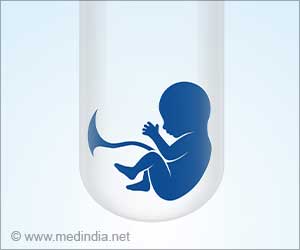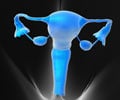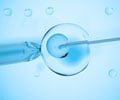Glossary
Conceive - To become pregnant.
Ejaculation - The release of semen through the penis during orgasm.
Embryo - Having to do with an early stage in the development of a plant or an animal. In vertebrate animals, this stage lasts from shortly after fertilization until all major body parts appear. In particular, in humans, this stage lasts from about 2 weeks after fertilization until the end of the seventh or eighth week of pregnancy.
Endometriosis - A benign condition in which tissue that looks like endometrial tissue grows in abnormal places in the abdomen.
Fallopian Tubes - Structures between the ovaries and the uterus through which the egg travels to the uterus.
Fertilization - Process of conception in which the sperm penetrates the egg (ovum).
Fetus - Term for an unborn baby from the end of the 8th week after conception until birth.
Follicle - The hair follicle houses the root of the hair.
Gonadotropic Hormones - Hormones that stimulate activity in the ovaries and testicles.
In Vitro Fertilization - The process by which the egg is fertilized outside the body, then transferred into the woman's uterus.
Infertility - The inability to produce children.
Menopause - The time of life when a woman's menstrual periods stop permanently. Also called "change of life."
Oocyte - An egg cell that has not developed completely.
Ovulation - The release of an egg from the ovary.
Ovum - An ovum is an egg that exists in the ovary of the female. This egg is called the female "gamete" or sex cell. It combines with the male gamete, called a sperm, to form a zygote. This formation process is called "fertilization."
Puberty - The time when body changes particular to the sex occur and when reproduction becomes possible.
Sperm - Male reproductive cells produced by the testes and transported in the semen; spermatozoa.
Ultrasound - A diagnostic imaging technique, which uses high-frequency sound waves and a computer to create images of blood vessels, tissues, and organs. Ultrasounds are used to view internal organs as they function, and to assess blood flow through various vessels.
Uterus - The small, hollow, pear-shaped organ in a woman's pelvis. This is the organ in which a fetus develops. Also called the womb.
Zygote - The fertilized egg or ovum.















